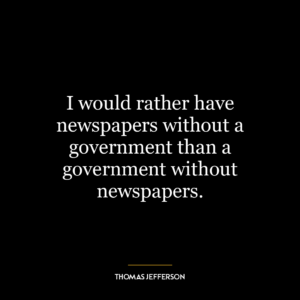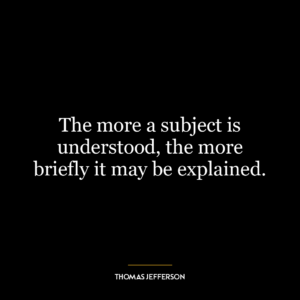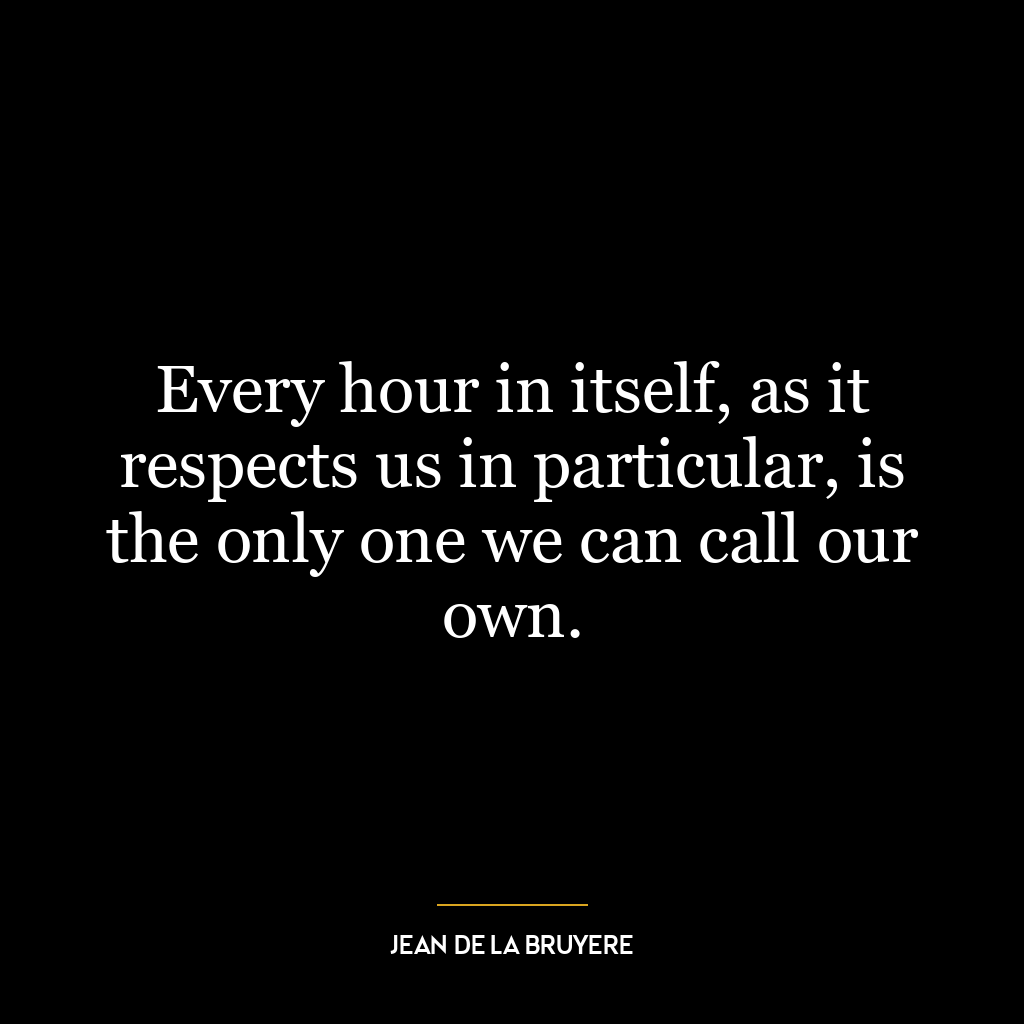This quote, “I have a right to nothing which another has a right to take away,” suggests that the concept of rights is inherently tied to the principle of non-interference. Simply put, if someone else can legitimately remove or infringe upon something you possess, then it cannot be considered a true ‘right.’ A right should be something inviolable and unassailable – it is not truly yours if someone else can justly take it away.
One way this idea could apply in today’s world involves discussions around privacy and data security. In an age where our personal details is often stored online, we might believe we have a ‘right’ to privacy. However, as numerous data breaches have shown us, this so-called right can easily be taken away by hackers or even by the companies entrusted with our information. According to Jefferson’s logic in this quote, this suggests that privacy in the digital realm may not be a true ‘right’ at all.
In terms of personal development, this quote encourages self-reliance and independence. It reminds us that anything dependent on others for its existence isn’t genuinely ours – whether that refers to material possessions or perhaps more abstract concepts like validation and self-worth. If your sense of worth relies on others’ approval (which they can withdraw at any time), then according to Jefferson’s reasoning it isn’t truly yours. Therefore, one should strive for internal validation and self-confidence independent from external influences.















